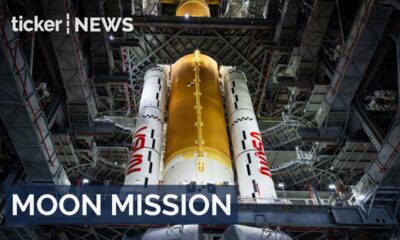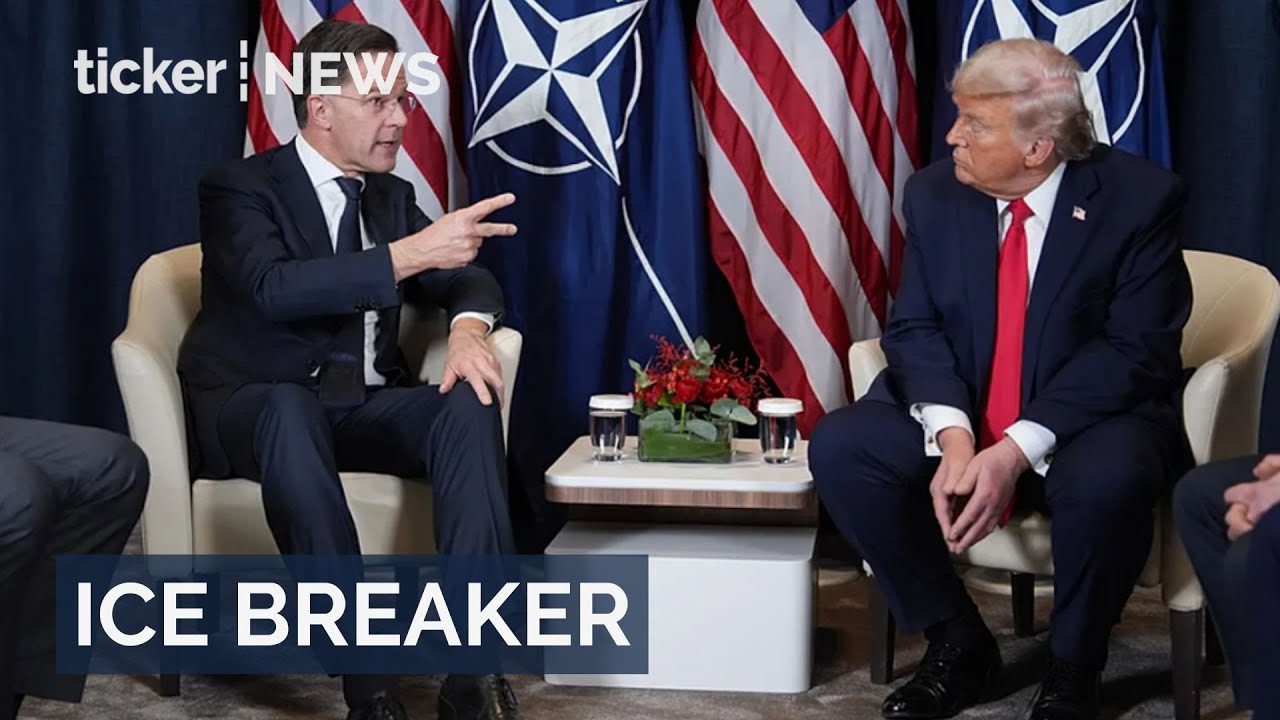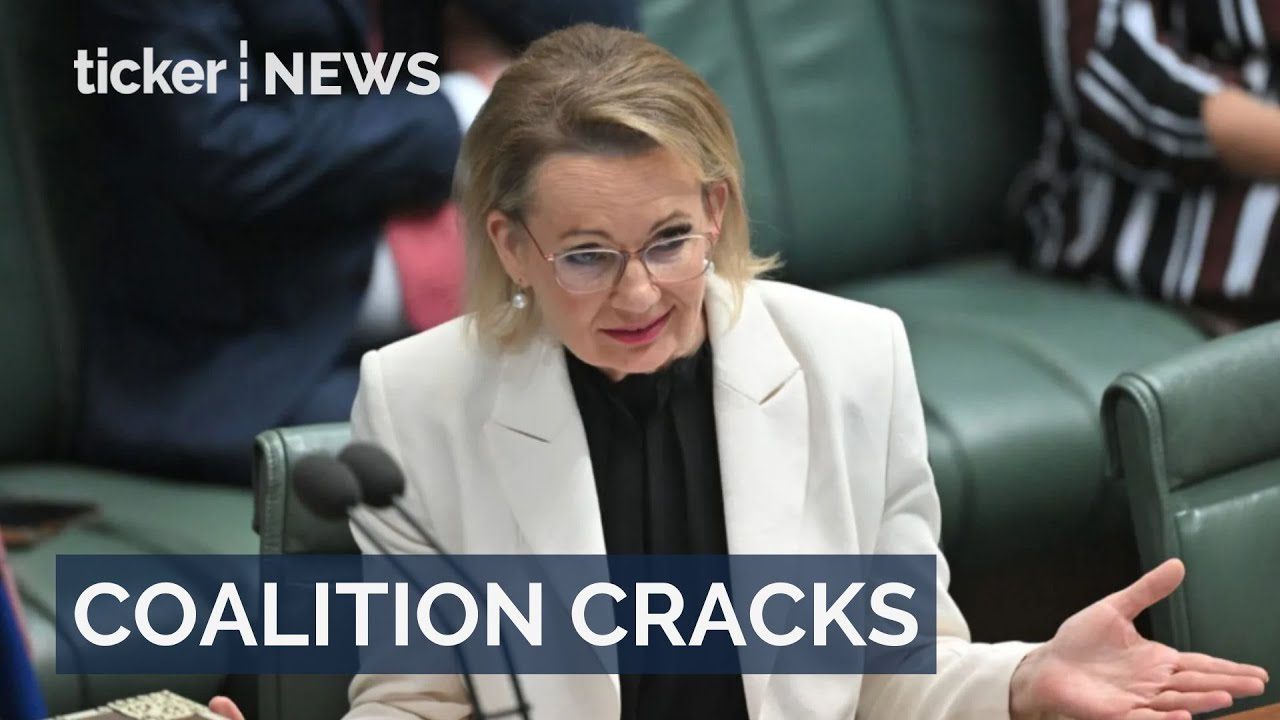News
Trump signs reciprocal tariffs; more expected soon
Trump signs reciprocal tariff plan for foreign nations, hinting at more tariffs on imports, including autos, upcoming.

News
U.S. envoys head to Moscow as Ukraine peace talks accelerate
U.S. envoys to meet Putin, signaling a potential shift in Ukraine war diplomacy.
News
Trump drops tariff threat after Greenland framework deal
Trump announces Greenland deal, easing tariff threats amid trade tensions, boosting US markets and sparking Arctic diplomacy debate.
News
Coalition cracks deepen as Nationals break ranks over Labor reforms
Nationals senators defy party lines, voting against Labor’s reforms as Coalition faces internal rifts and leadership concerns.
-



 Ticker Views3 days ago
Ticker Views3 days agoDOJ to charge Don Lemon under historic KKK Act
-



 Ticker Views2 days ago
Ticker Views2 days agoBacklash over AI “Indigenous Host” sparks ethical debate
-



 News3 days ago
News3 days agoOpenAI prepares first consumer device amid revenue boom
-



 Money4 days ago
Money4 days agoMarkets edge higher as 10-year yields hit new highs
-



 News4 days ago
News4 days agoNASA’s Artemis II launch: Argentina joins first crewed moon mission in 50 years
-



 News4 days ago
News4 days agoEU condemns Trump’s Greenland tariff threats: Trade tensions escalate
-



 Politics4 days ago
Politics4 days agoSupreme Court tariffs and Albanese approval drop: What you need to know
-



 Ticker Views17 hours ago
Ticker Views17 hours agoMarket Watch: Greenland deals, Japan bonds & Australia jobs






